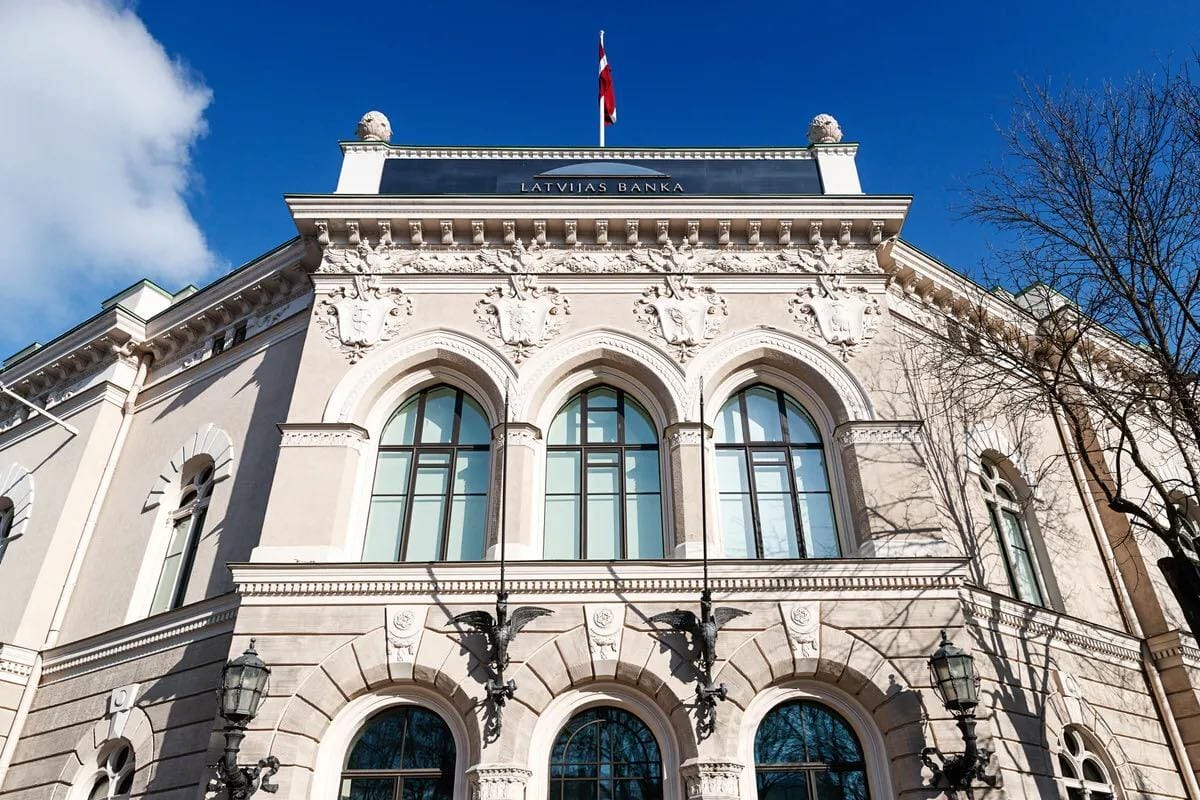Latvia is taking proactive steps to align with the European Union’s Markets in Crypto-Assets Regulation (MiCA) by introducing a pre-licensing consultation service for local crypto-asset service providers (CASPs). This initiative, announced by the Central Bank of Latvia, aims to assist companies in understanding and preparing for the formal licensing process that will begin in January 2025. The consultation program offers expert guidance on regulatory compliance, documentation requirements, and readiness assessments, helping CASPs navigate the new regulatory landscape. Companies can request unlimited consultations to clarify regulations, address compliance concerns, and fully prepare for MiCA-compliant licenses.
The Central Bank of Latvia’s pre-licensing consultations are designed to support crypto businesses in meeting the necessary regulatory standards under MiCA. By providing tailored guidance and expert advice, the central bank aims to smooth the transition for companies looking to operate within the framework. The proactive measure is intended to help CASPs enter the Latvian market confidently, positioning Latvia as an attractive destination for crypto businesses within the European Union. The Latvian Blockchain Association has expressed strong support for the initiative, emphasizing the importance of a seamless transition for local CASPs in navigating the evolving regulatory landscape.
Latvia has been making significant strides in developing a robust crypto ecosystem, including the advancement of the “Crypto Asset Services Law” in June 2024. This legislation provides a clear regulatory framework to support the growth of blockchain and crypto-related businesses in the country. Additionally, Latvian authorities have taken a firm stance on ensuring regulatory compliance, as evidenced by the recent $10 million fine imposed on Payeer, a crypto payment service provider, for violating EU sanctions related to Russia. The integration of artificial intelligence (AI) and cloud technology by the Central Bank of Latvia further aligns with the EU’s broader digital finance strategy.
Despite Latvia’s efforts to cultivate a thriving crypto market, the country faces challenges such as a significant decline in crypto asset investment. A survey released by the central bank in August 2023 indicated a 50% drop in crypto asset investment over the past year, attributed to factors including instances of fraud, insolvency, misguided investments, and concerns over money laundering associated with crypto. The survey, based on payment card usage data, revealed that only 4% of the Latvian population purchased crypto assets in February 2023, compared to 8% in the same period in 2022. Addressing these challenges will be crucial for Latvia’s future growth in the crypto market.










